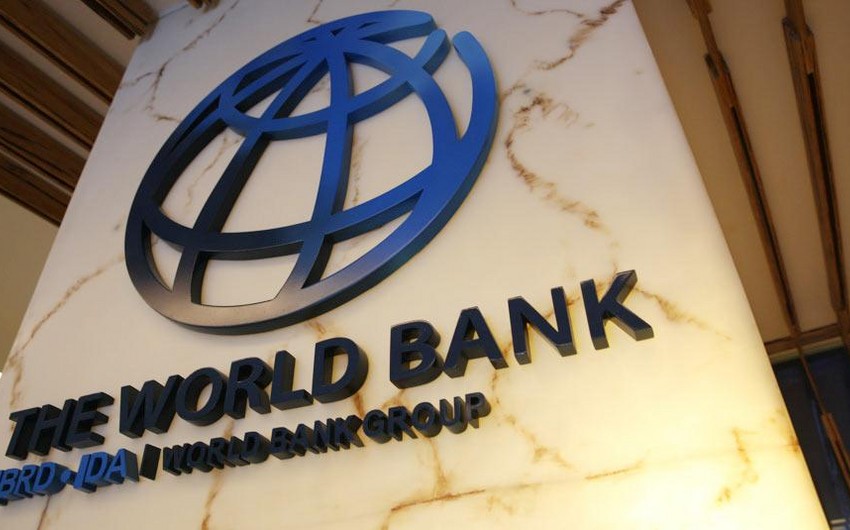The World Bank plans to discuss the possibilities of monetization of carbon dioxide emission quotas with the Azerbaijani government, said Florian Kitt, the World Bank's senior energy specialist, Report informs.
He made the remark at the second annual report meeting of the Azerbaijan Rapid Technical Assistance Facility (AZTAF) financed by the European Union (EU) and managed by the World Bank (WB).
According to Kitt, there are a lot of means to make the energy transition more affordable, such as carbon taxes and carbon markets:
"We, along with the government, are trying to find an optimal solution for Azerbaijan. To ensure the integration of renewable energy sources into the network, we plan to develop an effective approach for Azerbaijan's economy within the framework of the project (AZURE) to strengthen the transmission network. We will take into account existing legislation in Azerbaijan to ensure the successful implementation of the project."
Initial projections suggest that the AZURE project’s overall expenditure will reach $250 million. The project’s inaugural phase will see the World Bank funding the transmission infrastructure. This initiative is aimed at assimilating solar power facilities with a cumulative capacity of 760 MW. Specifically, the integration will occur within the Neftchala district, hosting a 315 MW capacity, and the Bilasuvar district, accommodating a 445 MW capacity.


 https://static.report.az/photo/b531f33a-ddc1-4387-b1a0-eccb56beaa52.jpg
https://static.report.az/photo/b531f33a-ddc1-4387-b1a0-eccb56beaa52.jpg

